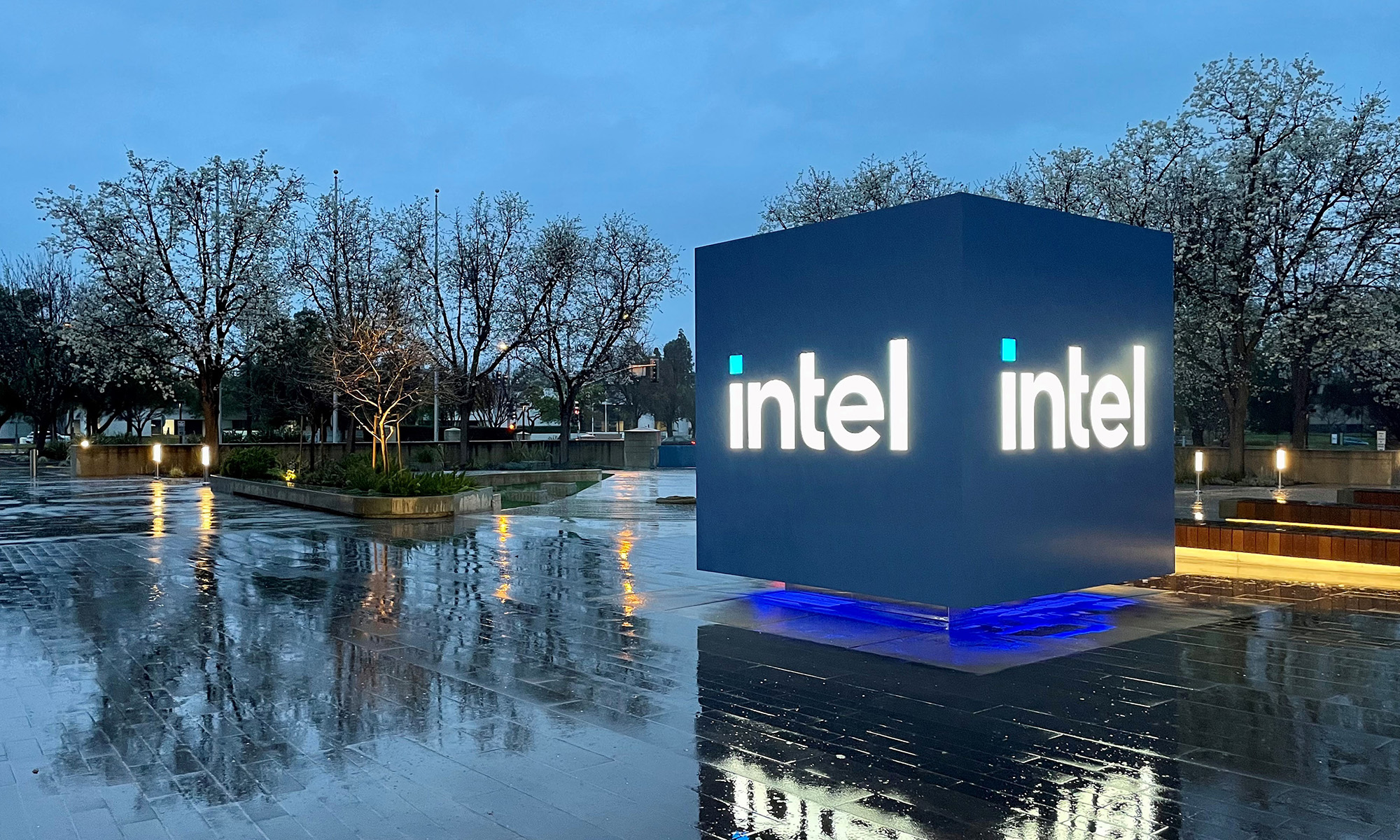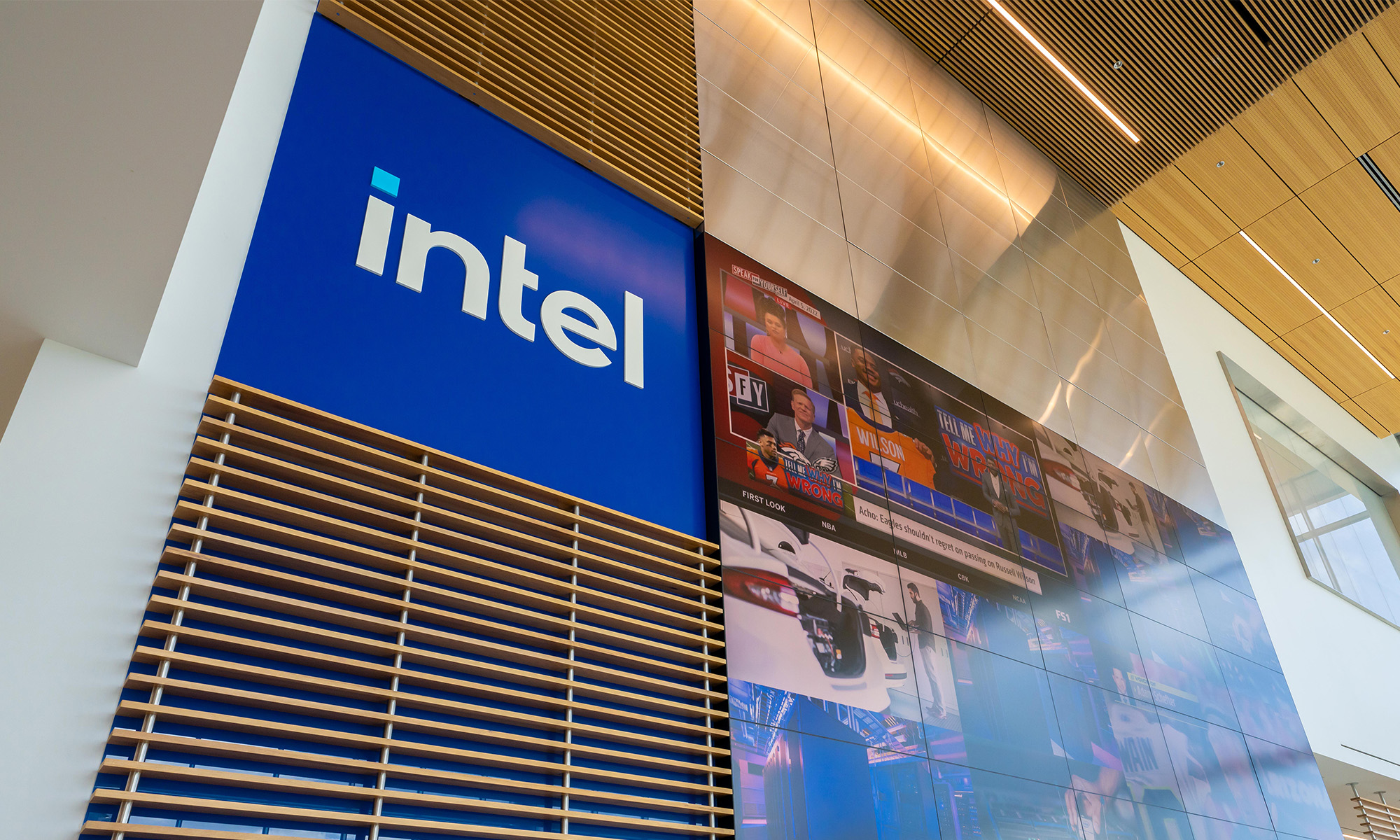The U.S. equity markets have been quite turbulent in 2025, affected by escalating geopolitical pressures, protectionist tariffs, and high interest rates. Not surprisingly, investors are shying away from high-growth, high-risk stocks and moving toward defensive plays.
Yet, this period of volatility also offers long-term investors an opportunity to buy exceptional stocks at reasonable prices. All that is needed is a modest sum of $100, not required to pay for immediate needs.
Buying even one of these two fundamentally strong businesses below can position you on a multi-year growth trajectory. Here's why.

Image source: Getty Images,
1. Intel
Intel's (INTC +0.86%) recent earnings performance for the first quarter was mixed. While revenue and earnings surpassed consensus estimates, investors were disappointed by the company's weak guidance for the second quarter of fiscal 2025.
Despite this, many factors are working in Intel's favor, especially with the company hiring Lip-Bu Tan, who's credited with the turnaround of Cadence Design Systems, as its new CEO. The company has plans to aggressively reduce operating expenses to $17 billion in fiscal 2025, $500 million lower than the previous estimate, and to $16 billion in fiscal 2026. Intel also focuses on better asset utilization to reduce capital expenditures (capex) from the last estimate of $20 billion to $18 billion.

NASDAQ: INTC
Key Data Points
Beyond cost savings, Intel is also gearing up to become a significant beneficiary of the ongoing AI revolution. While Nvidia and Advanced Micro Devices are ahead in the AI race, Intel is now developing full-stack AI solutions to enable the next wave of AI-powered computing. The company aims to improve accuracy, power efficiency, and security in running next-generation enterprise workloads such as reasoning models, physical AI, and agentic AI.
Intel is also focusing on the edge AI market, which is estimated to grow from $53.5 billion in 2025 to $82 billion in 2030. Gartner expects half of the enterprise-managed data to be processed outside data centers or the cloud, in manufacturing plants, retail outlets, and healthcare facilities. These applications require low power and efficient architectures in areas where the company has excelled.
Intel's 18A manufacturing process technology has also become a significant competitive advantage, thanks to its higher performance and improved power efficiency. With this technology, the company has built an AI PC client processor called Panther Lake and a server processor called Clearwater Forest. By demonstrating successful "booting of operating systems without additional configurations or modifications," these processors have highlighted the strength of 18A process technology.
Subsequently, Intel Foundry has now emerged as an underappreciated asset in the company's portfolio. It's added two companies in the defense industry, while industry reports claim that Amazon and Microsoft are also exploring partnerships for 18A capabilities. Furthermore, Intel Foundry also engages with customers for Intel 14A process technology (a successor to 18A).
Intel shares are trading 1.7 times sales, lower than their five-year average of 2.3. Hence, considering the company's many tailwinds and bargain valuation, the stock appears a smart buy now.
2. Toast
In the past few years, Toast (TOST 10.37%) has transformed itself from a basic mobile payment application company into a complete operating system for the restaurant industry, including kitchen operations, restaurant and menu services, inventory tracking, payment processing, multilocation management, customer engagement, and data analytics.
Toast currently serves 140,000 restaurant locations in the U.S., only 10% of the 1.4 million locations across its customer segments. While the company's current stronghold is in the U.S. small-to-medium-sized business market, management also focuses on enterprise customers, food and beverage retail, and international market clients. This indicates massive room for growth in the existing markets.

NYSE: TOST
Key Data Points
Toast has leveraged advanced AI-powered technologies to boost average order volume and ensure effective advertising. The company has launched an AI engine, ToastIQ, which combines AI, restaurant expertise, and proprietary data. ToastIQ's features help clients with business insights, troubleshooting, marketing, employee scheduling, and pricing.
The company's recent financial and operational performance for the first quarter has been impressive. Revenue was up 24.4% year over year to $1.34 billion, while operating income was $43 million, a dramatic improvement from the $56 million loss in the same period last year. Subscription revenue increased by 38% to $209 million.
This shift toward more visible, sticky, and higher-margin subscription revenues is a positive. The company also reported free cash flows of $69 million -- an impressive feat, since the first quarter is typically the seasonally weakest.
Toast added over 6,000 net new locations to reach approximately 140,000 total locations in the first quarter. This also included major enterprise wins, which are strong positives, as they usually demonstrate significant annual recurring revenues and lower churn rates.
Toast trades at about 5 times sales, higher than its three-year average of 3.8. Although the valuation may appear expensive, it seems justified for a company with a huge addressable market, strong financial and operational metrics, and a broad customer base. Hence, the stock looks like a worthwhile buy now.





